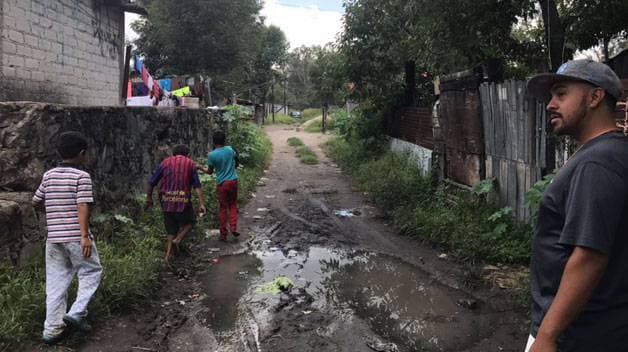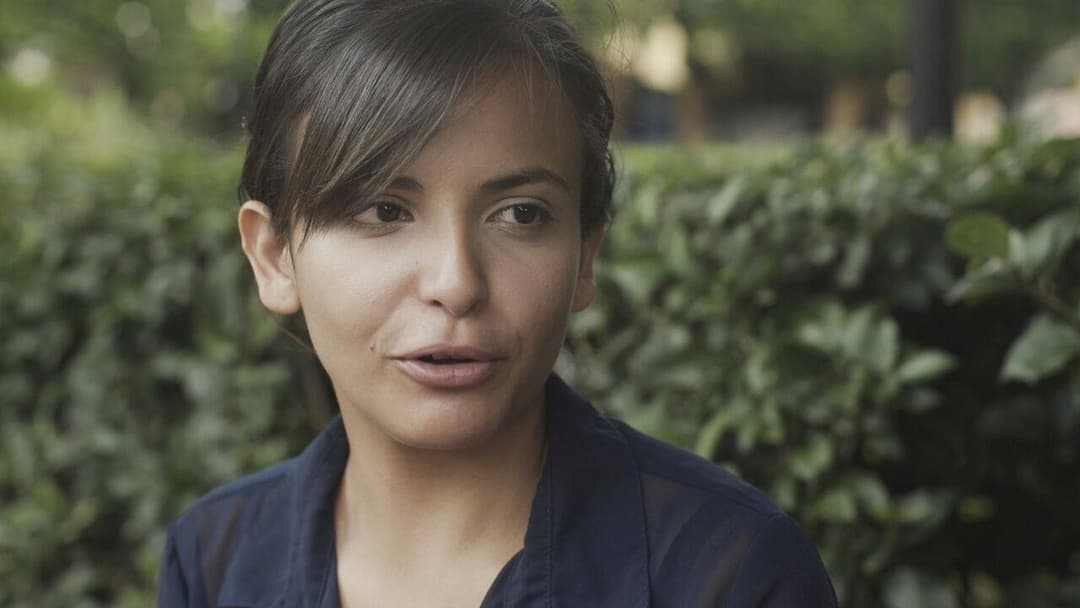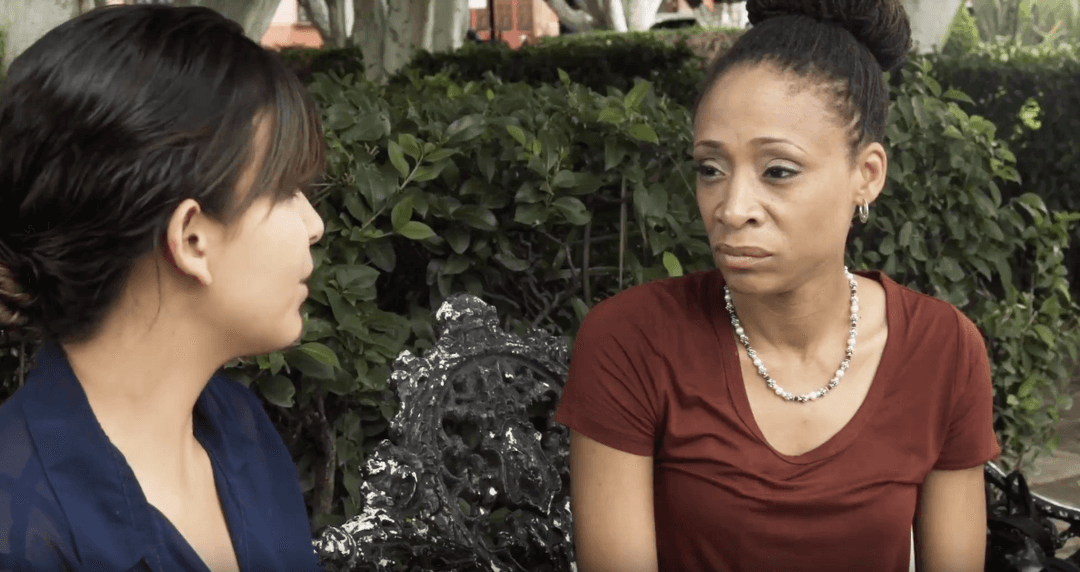
They grew up in the United States. They’re finding the good life abroad.
Nov 2, 2017
Daniel Arenas had one dream – to go to college.
But he grew up in South Carolina, one of only three states that bans undocumented immigrants from public colleges. And his family could not afford a private university education.
At the age of 18 and undocumented, he saw his dream dying in America.
So Arenas did what he says more young Mexicans who were raised in America should do: he went back to Mexico to attend college, graduating in 2011 with a degree in international relations from Monterrey Institute of Technology in Monterrey, Mexico.
“If you’re not living in ideal situation in the U.S., it’s not OK to say, ‘I’m going to stay in the U.S. even if it’s not working out for me,’” said Arenas, who lives in Leon, a city 240 miles north of Mexico City, where he works as an interpreter.
“People need options. Mexico is an option.”
As clock ticks down on Deferred Action for Childhood Arrivals program that provides protections for undocumented youths, a perhaps surprising number of Mexicans are giving up on the United States and returning to Mexico, records show.
From 2009 to 2014, about 1 million Mexicans left the U.S. for Mexico – some taking U.S.-born children with them – according to a study by the Pew Research Center, a Washington D.C. nonprofit think tank.
During that time, about 870,000 undocumented immigrants arrived in the United States from Mexico, Pew estimates.
The self-deportees are people like Jose Manuel Torres Sanchez, 23, who was brought over the border with his family when he was 5 years-old. He grew up in Georgia, served on his school’s student council and football team and dreamed of working for Google.
He had to find new dreams when his father was deported in 2011 after he was arrested for driving without a license. When his father fell into a diabetic coma months later, Sanchez, his mother and brother sold everything and moved to Mexico City.

“There’s no such thing as an American Dream,” Sanchez said last month on a stroll through Mexico City’s thriving downtown.
“That American Dream is not only American, it can be Mexican. You can live that dream here because at the end of the day, it’s your purpose. It’s your dream.”
‘We’re prepared to help’
Since leaving the United States 10 years ago, Arenas started a nonprofit to help other returnees called Dream in Mexico.
The group helps returning residents identify job leads and scholarships such as the Reconocer program at the University of Monterrey that pays for college for young Mexican and Central American immigrants who live in the United States but are unable to go to college there.
“Our organization was able to think ahead six years ago, that maybe there would be people who needed to come back,” Arenas said. “And now we’re seeing that that’s been proven. And now we’re prepared to help.”
About 1.8 million undocumented immigrant youths in America do not have access to higher education or training opportunities and more than 70 percent of them are of Mexican descent, according to Dream in Mexico.
The number of people returning to Mexico could increase substantially if the U.S. Congress does nothing to save the DACA program that expires March 5. The program provides protection for undocumented young adults, known as “Dreamers,” who were brought to America as minors and do not have have felonies or serious misdemeanors on their records.
Some 800,000 DACA recipients, including about 6,400 in Michigan and 618,000 who are from Mexico, may face deportation because President Donald Trump announced that DACA will expire on March 5 and the deportation protection will be phased out over two years.
After that, about 1,000 Dreamers per day will lose their DACA protection from deportation, according to the Center for American Progress, a progressive policy research organization based in Washington, D.C.
Sanchez volunteers with the Dream in Mexico group and has become a promoter of sorts for Mexico after returning to the country in 2011. That was the year before then-U.S. President Barack Obama announced the DACA program.
Sanchez watched the announcement on television.
“I felt empty. I thought, ‘Why didn’t (DACA) happen for me? It was a sad moment,” Sanchez said.
Mexico is known for its poverty, but the economy is growing more than expected. And while it may take more time to get ahead in Mexico than in the U.S., success depends on “your hustle and grind,” said Sanchez who is working with friends to start a technology business in Mexico.
“In the U.S., I might have to work 40 hours a week in order to get a good wage, in order to start my (business.) But here I might have to work 80 hours,” he said. “It’s all determination. … Next thing you know, you can be living like you do in the states.”
After Trump announced the the pending end to DACA, Mexican President Enrique Pena Nieto said he will welcome Dreamers back to Mexico with financial support and he plans to help them contribute to the “social and national economy.”
Sanchez understands the idea of returning to Mexico is not for everyone, especially those who may have to return to a part of Mexico that is gripped by deep poverty.
But education and bilingual skills learned in the U.S. give Dreamers the chance to make a good living in Mexico without fear of deportation, Sanchez said.
“With DACA, you have your problems solved short term, but in the long term you have nothing,” Sanchez said.
“This is yours forever.”
Brain drain
U.S immigration policies also are prompting some Mexicans who were educated in America to seek opportunities in other countries.
David Cruz Hernandez, 28, is a molecular biologist who was educated in the United States. In September, he headed to a research job at the prestigious Oxford University in the United Kingdom because he said he couldn’t land the federally funded research job he wanted in the U.S. because he was an undocumented immigrant.
Hernandez was 16 when he crossed the border by himself to meet his parents, who had sneaked over from Mexico earlier and settled California’s Bay Area. His family had left a life of farming and making mezcal, an agave liquor similar to tequila, to pick berries in Santa Cruz County.
Hernandez spent 12 years studying in California. He finished high school, went to community college and then onto four-year universities, earning bachelor’s degrees in molecular biology and chemistry and a master’s degree in stem cell biology from San Francisco State University.
Hernandez said the world opened to him once he decided he couldn’t get the job he wanted in the United States.
En route to Oxford, Hernandez returned to his family’s native rural region of Ecatepec, Mexico, and spent a month with relatives before heading to Oxford.
At Oxford University in Oxford, England, he will work as a research scientist studying leukemia. He has a two-year work visa and plans to apply to Oxford’s doctoral program.
If Hernandez had applied for DACA protections, he would’ve been able to get a U.S. work permit. But he was too old by two months to apply for the program when it was introduced in 2012.

DACA, Hernandez said, may be helpful to some, but it is nothing to stake your life to because it’s only a two-year, temporary permit that does not provide a path to permanent residency.
“It was based on an executive order,” he said. “As easy as it came, it can go.”
He said it wasn’t easy to leave behind his family for another country he doesn’t know, but sometimes it’s necessary to leave America to follow a dream.
“It broke my heart, my family is there,” Hernandez said. “But I did this before.”
Stay Connected
Subscribe to One Detroit’s YouTube Channel and don’t miss One Detroit on Thursdays at 7:30 p.m. and Sundays at 9 a.m. on Detroit PBS, WTVS-Channel 56.
Catch the daily conversations on our website, Facebook, Twitter @OneDetroit_PBS, and Instagram @One.Detroit
Related Posts
Leave a Reply
Your email address will not be published. Required fields are marked*





























